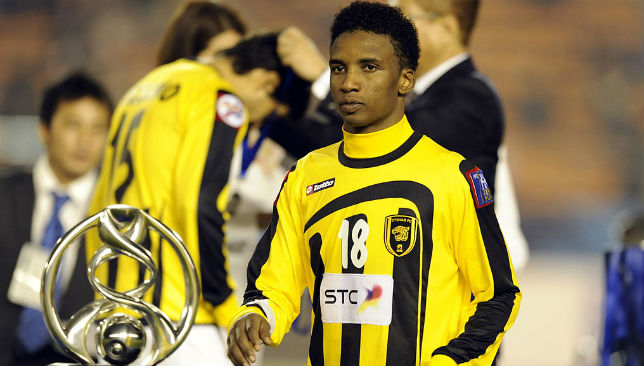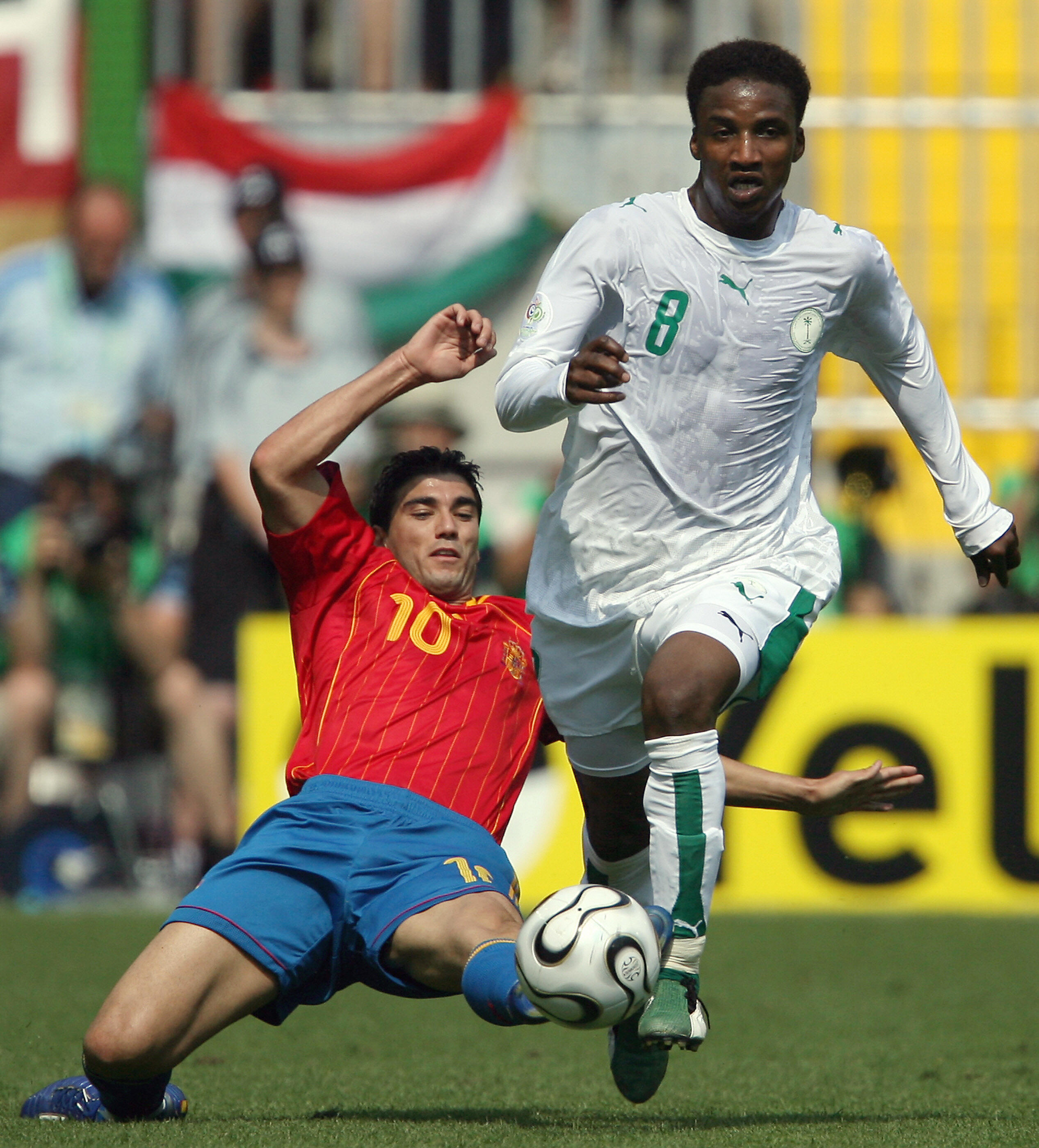
Mohammed Noor is one of the giants of Asian football in the 21st century and I came across the Saudi Arabian midfielder a number of times over the years.
The one encounter that sticks out the most came on December 1, 2004. There was a full house in Seongnam’s Moran Stadium, just south of Seoul on a bitter night.
With temperatures well-below freezing, the local South Korean fans were holding onto their cups of instant noodles as much as to keep hands warm as to stave off any pangs of hunger.
The action on the pitch did nothing to warm the hearts. Seongnam Ilhwa Chunm fans had arrived expecting to be crowned Asian champions but Noor ensured that they went home with nothing – no feeling in fingers and toes and no victory.
Noor was the heartbeat of a fine Al Ittihad team. But in the first-leg of the final in Jeddah, Seongnam had won 3-1 and all thought the return match would be a formality.
At half-time however, the Saudis were winning 2-0 but still behind on away goals.
Seongnam did not know what to do: should they defend the narrow advantage or pour forward? Noor took advantage of this uncertainly to score twice after the break to ensure that there was no way back for the Korean champions.
It was a majestic performance. As he celebrated his second and the team’s fourth with white gloves pointing to the sky, disbelieving home fans were seeing a player almost at his peak.
A year later and he was at it again, scoring in the final as Al Ittihad, dominant in the 2005 tournament, defeated Al Ain to take a successive trophy.
That was some team. There was Mohamed Kallon on loan from Monaco, Brazilian schemer Tcheco, the imperous Redha Tukar and Hamad Al-Montashari at the back but Noor was the driving force.
A year later, I met him once more in Munich after Saudi Arabia had conceded a late goal against Tunisia to draw 2-2. The North Africans took the lead but with Noor moving a little further forward, the Green Falcons got back in the game.
That was a fine team with Sami Al Jaber coming to the end of his career, Yasser Al-Qahtani starting out his and the talents of Nawaf Al-Temyat and Saud Khariri among the ranks.
Had the Saudis not conceded that late goal against Tunisia, things could have been very different and maybe the transitional period that started in the months and years after would have been a little smoother.

Still, 2006 was better than the nightmare of 2002. Another ‘what-if’ was the 2007 Asian Cup. Had the midfielder gone to Southeast Asia instead of being caught up in a row with his club, then perhaps the Iraqi fairytale would never have happened.
Sometimes called the ‘Saudi Patrick Vieira’, Noor was a big-game player and a big-name. For a time in the middle of the previous decade there were four iconic Asian midfielders, one for each continental powerhouse.
Korea had Park Ji-sung, Japan had Shunsuke Nakamura, Iran had Javad Nekounam and Saudi Arabia had Mohammed Noor.
Saudi players often don’t get the credit they deserve internationally and Noor has suffered a little because of that.
Yet in the 21st century, he played a huge part in helping his team win two Asian Champions League titles – scoring his fifth goal of the 2009 version in the final – and played at two World Cups. Throw in seven Saudi league titles and it is all very impressive.
At the age of 38, he should be retired and looking back with satisfaction at a fine career, one that deserves a place in the highest echelons of Asian football.
Instead, he finally got those international headlines after being served a four-year ban for doping. According to the Court of Arbitration for Sport (CAS), he tested positive for amphetamine, a banned substance in November 2015.
Regardless of the fact that doping is, like Noor until recently, an under-reported issue in football, it is just incredibly sad. Whatever happens, he is not going to play any professional football again.
A career that has contained so much will be forever tainted by what happened right at the end. Say it ain’t so, Mo.